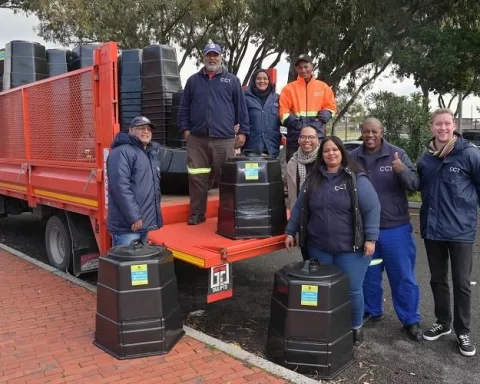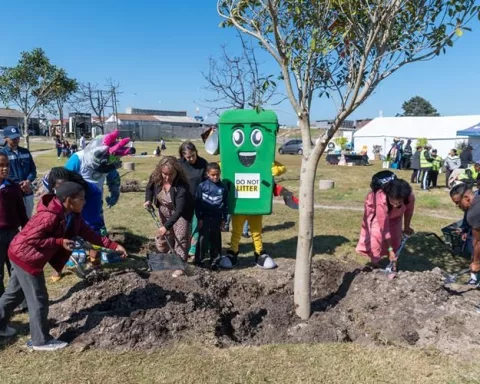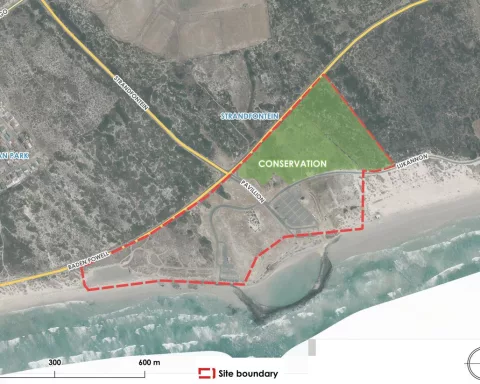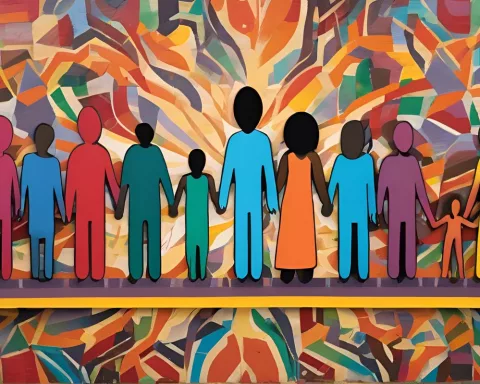The housing crisis in South Africa has been a long-standing issue where traditional methods have fallen short in providing adequate solutions. However, Cape Town-based non-profit organisation, Urban Think Tank Empower (UTTE), has taken a bold approach by embracing innovative design models to address this crisis through their Empower Initiative.
UTTE’s Approach
Delana Finlayson, managing director at UTTE, believes that the government’s RDP housing programme often fails to meet the residents’ needs. UTTE’s vision extends beyond merely providing housing; they seek to fulfil the 1955 Freedom Charter’s promise of “housing security and comfort” for all South Africans.
Launched in 2013, the Empower Initiative introduced groundbreaking techniques such as constructing homes upward instead of outward. This innovation addresses the scarcity of land and involves residents in the design process. Consequently, families receive safe and decent housing tailored to their preferences.
The Second Phase
Now, UTTE is preparing for the second phase of the Empower Initiative. Incorporating lessons learned from the first phase, they plan to build 70 additional homes integrated with public spaces and shared assets such as a community hall, an urban farm, and a solar installation. The organization envisions extending the project to nine more sites in Khayelitsha.
Positive Feedback
Alderman Eddie Andrews, Cape Town’s deputy mayor and Mayco member for human settlements, commends UTTE’s work and acknowledges the potential in partnering with such visionary collaborations. UTTE’s innovative solutions not only address the challenges faced by those living in informal settlements but also align with Cape Town’s goals of reducing its carbon footprint through nature-based solutions.
The Community’s Wellbeing
As Cape Town experiences the pressures of emigration and urbanization, Andrews emphasizes the importance of proactive and sustainable responses. UTTE’s Empower Upgrade Model embodies this approach by prioritizing the community’s wellbeing and aspirations in the housing process. Consequently, it restores dignity, security, and hope to community members.
The Success of the Empower Initiative
The Empower Initiative stands as an inspiring example of how innovative design and community involvement can make a tangible difference in addressing the national housing crisis. By focusing on the needs and aspirations of the residents, UTTE’s approach not only provides secure and comfortable homes, but also fosters a sense of belonging and pride in the community. The initiative’s success illustrates the potential for scalable solutions that can be implemented across the country, transforming the urban landscape and improving the lives of countless South Africans.
As UTTE gears up for the second phase of its groundbreaking project, it serves as a reminder that the key to addressing complex issues lies in thinking outside the box and forging collaborations that blend technical expertise with bold innovation. The Empower Initiative is not only reshaping the urban fabric of Cape Town but also redefining what it means to provide housing security and comfort in the 21st century.












